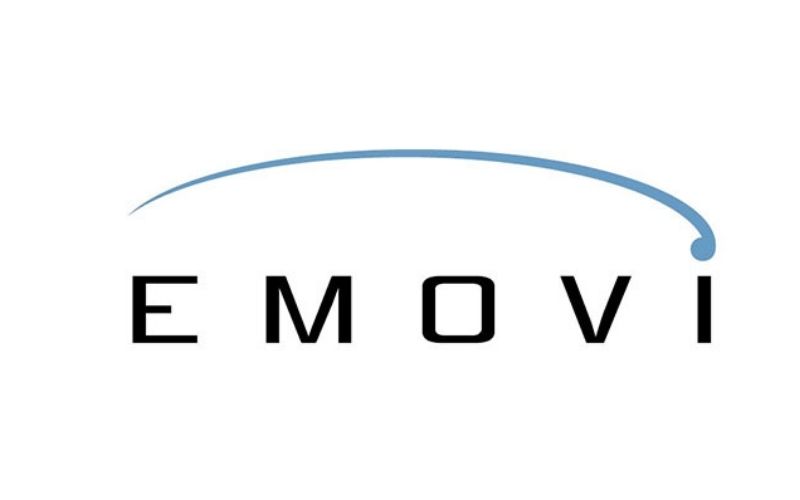Published By Serban Georgescu
The health systems in the Boston area are some of the best in the world. These networks are providing top care for patients throughout New England. The largest health systems often employ tens of thousands of professionals across many specialties, which represents great opportunity for businesses in the health care space as well. However, it can be hard to know where to start or how to get your foot in the door. That is why the Consulate General of Canada in Boston is there to get to know the ins and outs of these networks for its Canadian clients.
The process of bringing a health care product or service to market varies and can be difficult to navigate. We want the health care innovators in our network to focus on their life-changing solutions and not administrative logistics. Inventing and proving a new solution are just the beginning of a long process to bring an idea to market. Many businesses will need to get set up with various insurance providers and other administrative networks. That is where the expertise and relationships of the Consulate come into play, and how one Canadian Technology Accelerator (CTA) graduate was able to offer its solution to major health systems in the area.
Michelle Laflamme started Emovi, based out of Montreal, to address shortfalls she saw in the treatment of knee and joint pain. Knee pain can be difficult to diagnose due to the fact that providers do not have an easy way to observe joints when the patient is moving. X-rays of the knee and MRIs can inform clinicians about the structure of the joint; however, a patient’s pain is correlated with dynamic movement patterns, not static imaging. That is why the company invented KneeKGTM. Similar to an EKG for the heart, the KneeKG system provides an assessment of 3D knee motion for patients who have impaired movement functions of an orthopedic cause.
In order to be adopted by health systems, FDA-cleared medical device start-ups need to publish many independent studies and work closely with influencers. That is why the founders decided to enroll in the CTA in 2019. The program not only helped the start-up approach clinics through introductions, but also assisted with refining its communication with health care leaders in a way that made sense for a virtual world in 2020. By organizing various studies and key messages in a succinct way, Emovi was better able to expedite the understanding by health systems of the KneeKG solution.
“Working closely with the Consulate in Boston not only allowed us to validate our solution, but the Trade Commissioners helped us understand the nuances and complexities of the heath care space.” Laflamme said. Trade Commissioners and mentors helped them navigate and understand that they need to get cleared with all departments (IT, finance) and not just the providers.
Trade Commissioner Serban Georgescu was able to accomplish this by setting up meetings with major health systems to gain a better understand of their various needs and workings. This also provided an opportunity for health care leaders and administrators in New England to learn about and gain exposure to the Consulate’s network of innovators in an efficient way. From there the Consulate helped both groups make informed and interesting connections.
Since participating in the CTA, Emovi was able to complete a major medical trail with Penn Medical System. The work with Penn allowed them to then commercially launch, and now they have more than 100 clients and are in talks with two large New England-based health systems.
Laflamme said Georgescu and others in his network brought a much- needed knowledge base as well as curiosity to the partnership. “The positive energy is contagious, and you can really feel they want you to succeed.”
Boston continues to be a hub for medical R&D and we are excited to continue to make connections for innovators like Emovi. These life-changing solutions represent exciting benefits to both clinicians and their patients.
